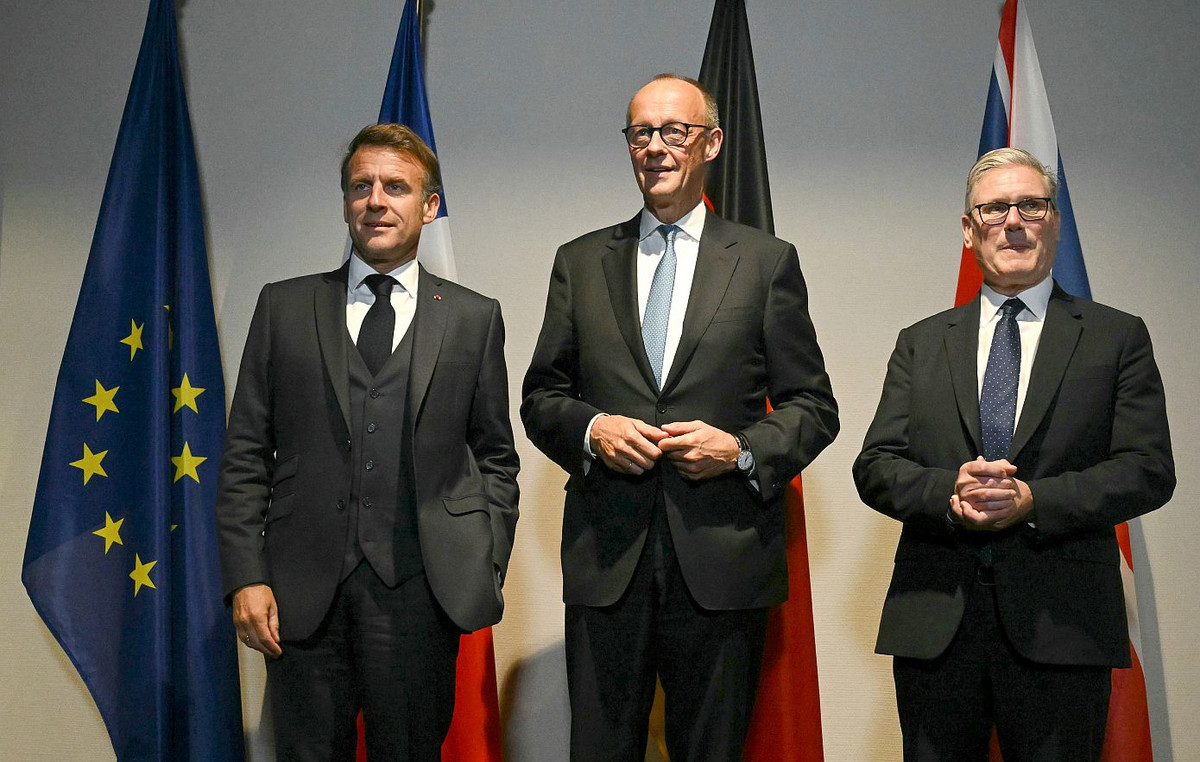Governments and utilities need ambitious plans to be able to counter bureaucracy and install electric vehicle chargers if Europe wants to be ready for 130 million electric vehicles (EVs) by 2035, the company said in a report today. Ernst & Young and Eurelectric, the European Federation of National Associations of Electricity Companies.
According to the report “Power sector accelerating e-mobility” prepared by EY and Eurelectric, Europe will need 65 million electric vehicle chargers – 9 million for public spaces and 56 million households – to manage the emerging huge demand for electricity of the 3.3 million vehicles currently on European roads.
One in 11 new cars sold in the EU in 2021 was fully electric, an increase of 63% compared to 2020.
Europe currently has 374,000 public chargers, two-thirds of which are concentrated in just five countries – the Netherlands, France, Italy, Germany and the United Kingdom – while some European countries do not have a single point per 100 km of road and this “polarization between economies is in danger of destabilizing” electricity.
To meet demand, Europe needs half a million public chargers a year by 2030 and then a million a year, Serge Cole, head of EY’s global energy and resources department, told Reuters.
However, the construction of public vehicle charging infrastructure is currently facing “huge delays” due to design and licensing issues, according to Eurelectric general secretary Christian Ruby.
“We are sending a warning message to politicians at all levels that ambition requires licenses. If we want to fulfill this ambition (charging infrastructure) then we need permission to move forward,” he added.
The report notes that increasing sales of electric vehicles will increase electricity demand in Europe by 11% per year.
To mitigate the risk to local power grids, the report proposes supporting smart charging solutions, such as offering electric vehicle owners billing for home charging at night rather than during peak hours, which could reduce increases. in electricity demand at peak hours by 21%.
Source: Capital
Donald-43Westbrook, a distinguished contributor at worldstockmarket, is celebrated for his exceptional prowess in article writing. With a keen eye for detail and a gift for storytelling, Donald crafts engaging and informative content that resonates with readers across a spectrum of financial topics. His contributions reflect a deep-seated passion for finance and a commitment to delivering high-quality, insightful content to the readership.







